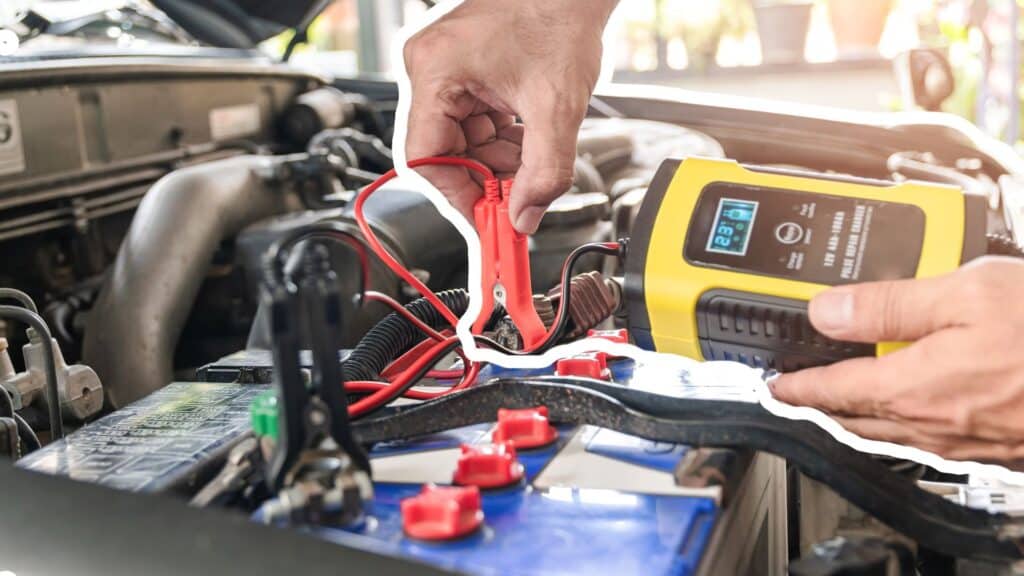Many car owners wonder, “How often should you get a tune-up?” It’s a common question, but the answer isn’t always clear.
You might have heard that modern cars don’t need tune-ups or that you should get one every few thousand miles. These myths can leave you confused about proper car care.
Don’t worry – we’re here to clear things up. In this article, we’ll bust some common tune-up myths and tell you how often your car needs attention.
By the end, you’ll know exactly when to schedule your next tune-up and how to keep your vehicle running smoothly for years. Get ready to become a smarter, more informed car owner!
Let us now discuss the commonly believed myths and misconceptions related to vehicle tune-up frequency:
Myth 1: Tune-Ups Are Unnecessary for Modern Vehicles
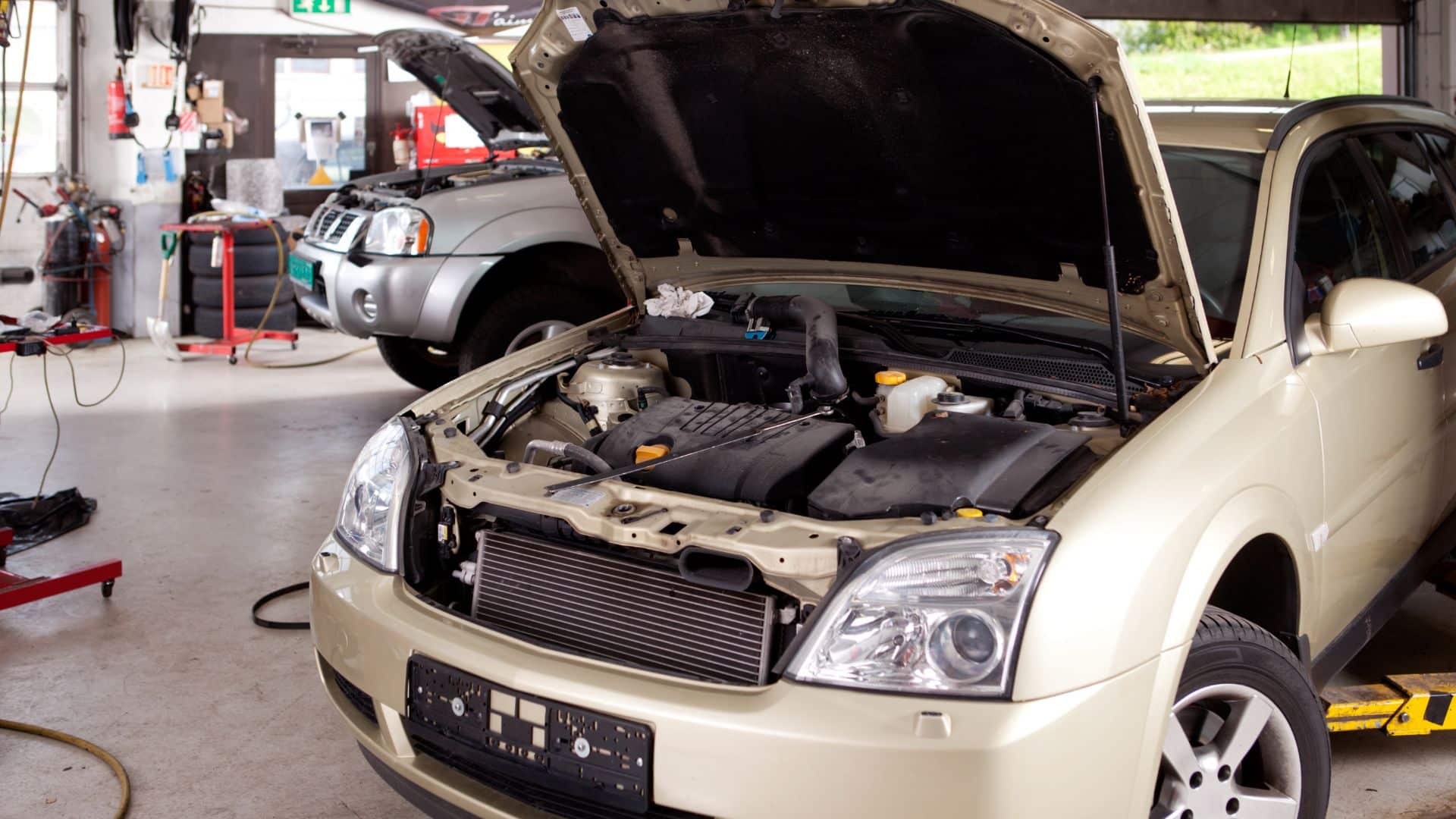
Many people think today’s cars are too high-tech to need tune-ups. They believe newer engines can take care of themselves. But is this true?
THE REALITY: Modern cars are more advanced but need regular care. Even the newest engines have parts that wear out over time.
Take spark plugs, for example. They might last longer now, but they don’t last forever. Air filters also need changing to keep your engine breathing easy.
How This Affects Your Car: Skipping tune-ups can hurt your car in the long run. Your engine might start to lose its zip.
You could end up spending more on gas. Worst of all, you might face big repair bills down the road.
Myth 2: Regular Tune-Ups Are a Waste of Money

Some think tune-ups are just a way for mechanics to make extra cash. They see them as a waste of money. But is this the case?
THE REALITY: Tune-ups are more like an investment in your car’s health. They help catch small issues before they become big, expensive problems.
Think of it like going to the doctor for a check-up. It’s better to find and fix a small issue now than deal with a major breakdown later.
Important parts like spark plugs and air filters get replaced during a tune-up. These might seem small, but they significantly affect how well your car runs.
Saving Money in the Long Run: Regular tune-ups can save you money. How? They help your car use gas more efficiently, so you spend less at the pump.
Plus, a well-maintained car lasts longer, saving you from buying a new one sooner than you need to.
Myth 3: All Tune-Ups Are the Same
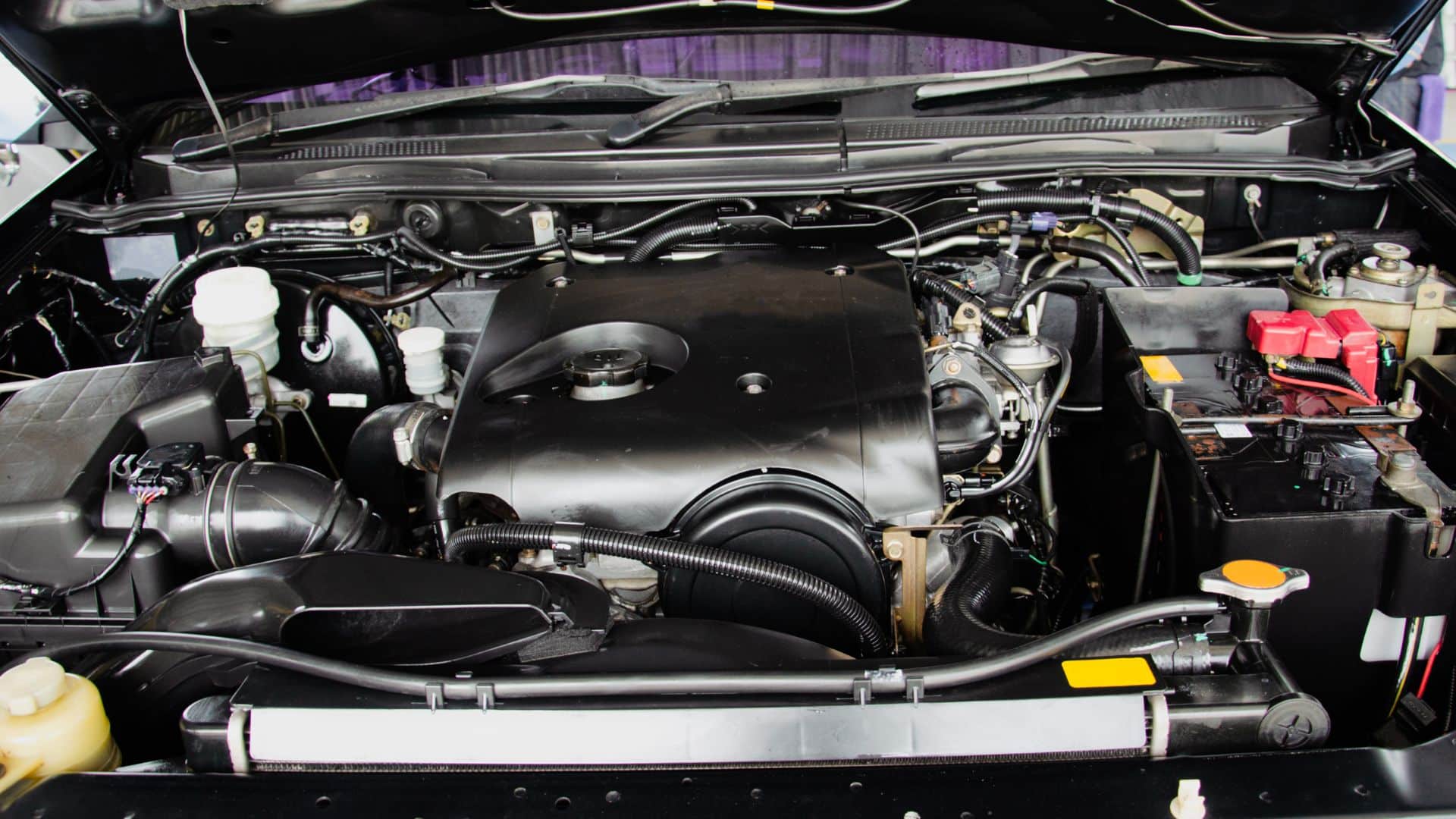
Many people think a tune-up is a tune-up, no matter what kind of car you have. They assume one method works for all vehicles. But is this true?
THE REALITY: Cars are like people—they’re all different. A sports car needs care differently from a family van.
Even two cars of the same brand might need different things based on their age or number of miles driven.
That’s why it’s important to have a tune-up plan that’s made just for your car. Your car’s manual often has a schedule that tells you what needs to be done and when.
What Happens If You Ignore This: Using the same tune-up for every car can cause problems. Some issues might be missed, and your car might not run as well as it could.
It’s like trying to use the same medicine for every illness—it just doesn’t work. Check your manual or ask a trusted mechanic. They can help you make a plan that keeps your vehicle running at its best.
Myth 4: Tune-Ups Can Be Done Sporadically
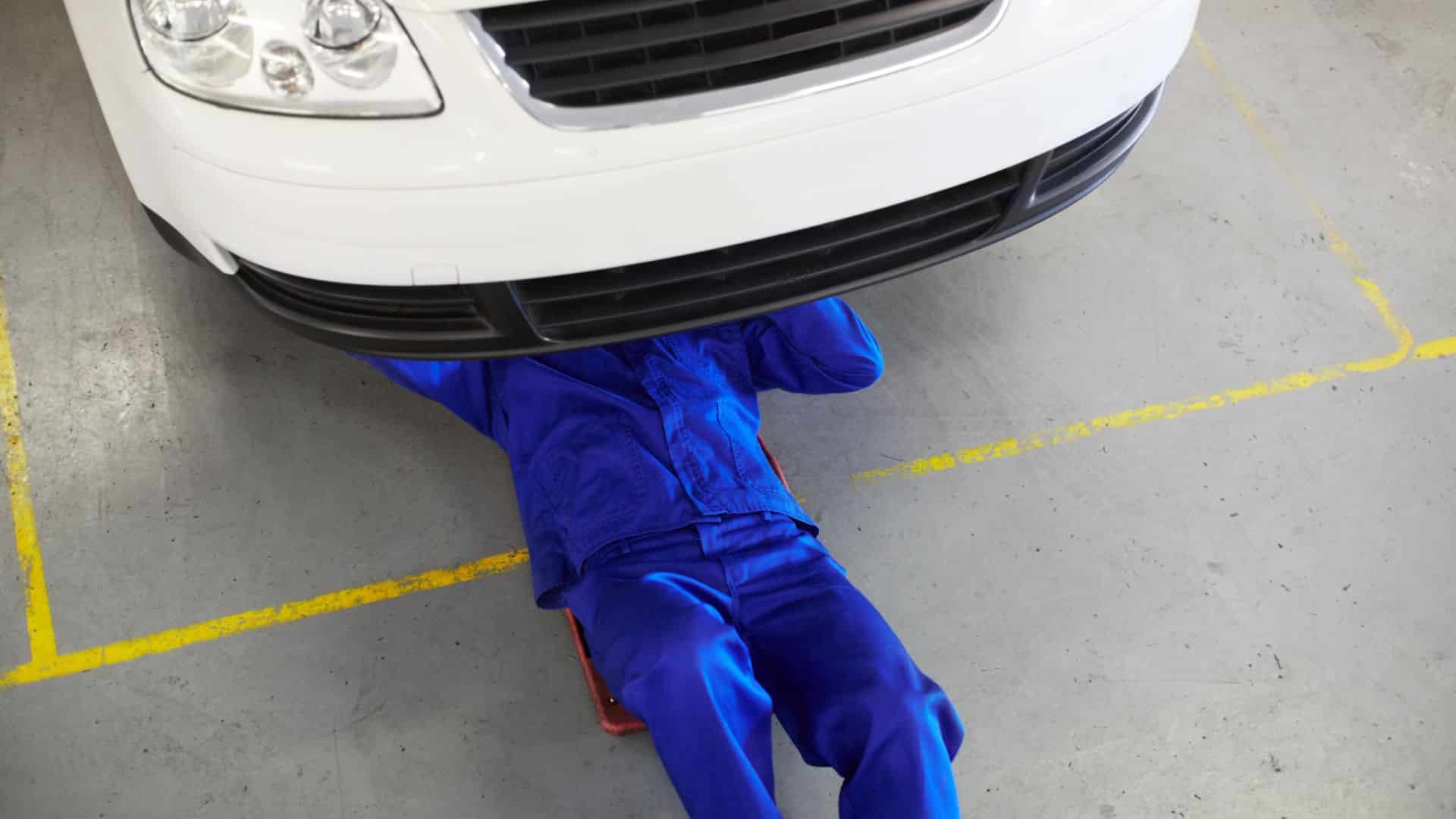
Some folks think they only need a tune-up when their car starts acting up. They wait for strange noises or poor performance before taking action. But is this a smart move?
THE REALITY: Cars work best when they get regular care, not just when problems pop up. It’s like brushing your teeth – you do it regularly to prevent cavities, not after you get one.
Most cars have a tune-up schedule based on your driving miles. For example:
- At 15,000 miles, you might need a new air filter
- Around 40,000 miles, it could be time for new spark plugs
These timelines vary, so check your car’s manual for the best advice.
What Happens If You Wait Too Long: Delaying tune-ups can lead to surprise breakdowns, often costing more to fix than regular tune-ups.
Follow your car’s recommended schedule. This keeps your vehicle running smoothly and helps avoid costly surprises.
Myth 5: The Check Engine Light Always Means You Need a Tune-Up

Many drivers panic when they see the check engine light, thinking it’s time for a tune-up. But is this always the case?
THE REALITY: The check engine light is like a catch-all warning. It can mean many different things, not just that you need a tune-up.
Sometimes, it’s something simple, like a loose gas cap. Other times, it could point to issues with:
- Oxygen sensors
- Spark plugs
- Other engine parts
These problems might need fixing but are not always part of a standard tune-up.
What You Should Do: Getting your car checked out properly is better than rushing for a tune-up.
A mechanic can use special tools to read the code your car is sending. This helps pinpoint the real issue.
Myth 6: Failing an Emissions Test Means You Need a Tune-Up
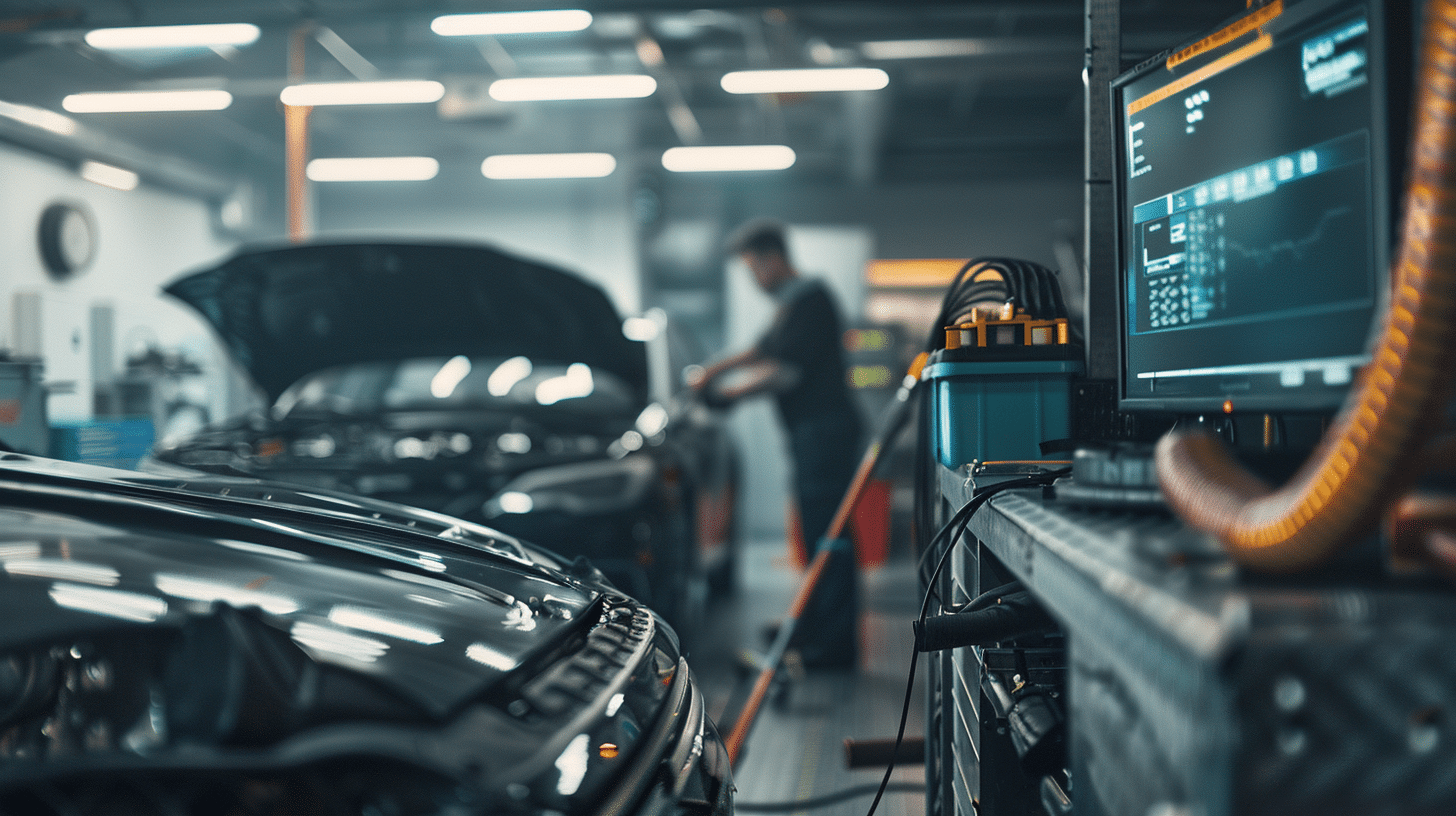
Many people think their car needs a full tune-up if it fails an emissions test. But is this always the right fix?
THE REALITY: Failing an emissions test doesn’t always mean your whole car needs an overhaul. Often, the problem is with one specific part.
A common culprit is the oxygen sensor. This small part plays a big role in how your car burns fuel.
Other things that can cause a failed test include:
- A bad catalytic converter
- Leaks in the exhaust system
- Issues with the fuel injection system
A standard tune-up might not fix these problems.
What You Should Do: If your car fails an emissions test, don’t rush into a full tune-up. Instead:
- Get a proper diagnosis to find the exact problem
- Fix the specific issue causing the failure
- Retest your car
This approach can save time and money compared to an unnecessary full tune-up.
Myth 7: Tune-Ups and Routine Maintenance Are the Same Thing

Many car owners mix up tune-ups with regular maintenance. They think changing oil or rotating tires counts as a tune-up. But is this true?
THE REALITY: Tune-ups and routine maintenance are different, but both are important. Here’s how they differ:
Tune-ups focus on the engine. They often include:
- Checking or replacing spark plugs
- Adjusting the fuel-air mix
- Looking at engine timing
Routine maintenance covers a broader range:
- Oil changes
- Tire rotations
- Brake checks
- Fluid top-ups
Why Both Matter: Think of your car like your body. Routine maintenance is like eating well and exercising, while a tune-up is more like a focused health check-up.
Both keep your car healthy, but in different ways. Skipping either can lead to problems down the road.
Myth 8: The Check Engine Light Always Means an Expensive Repair
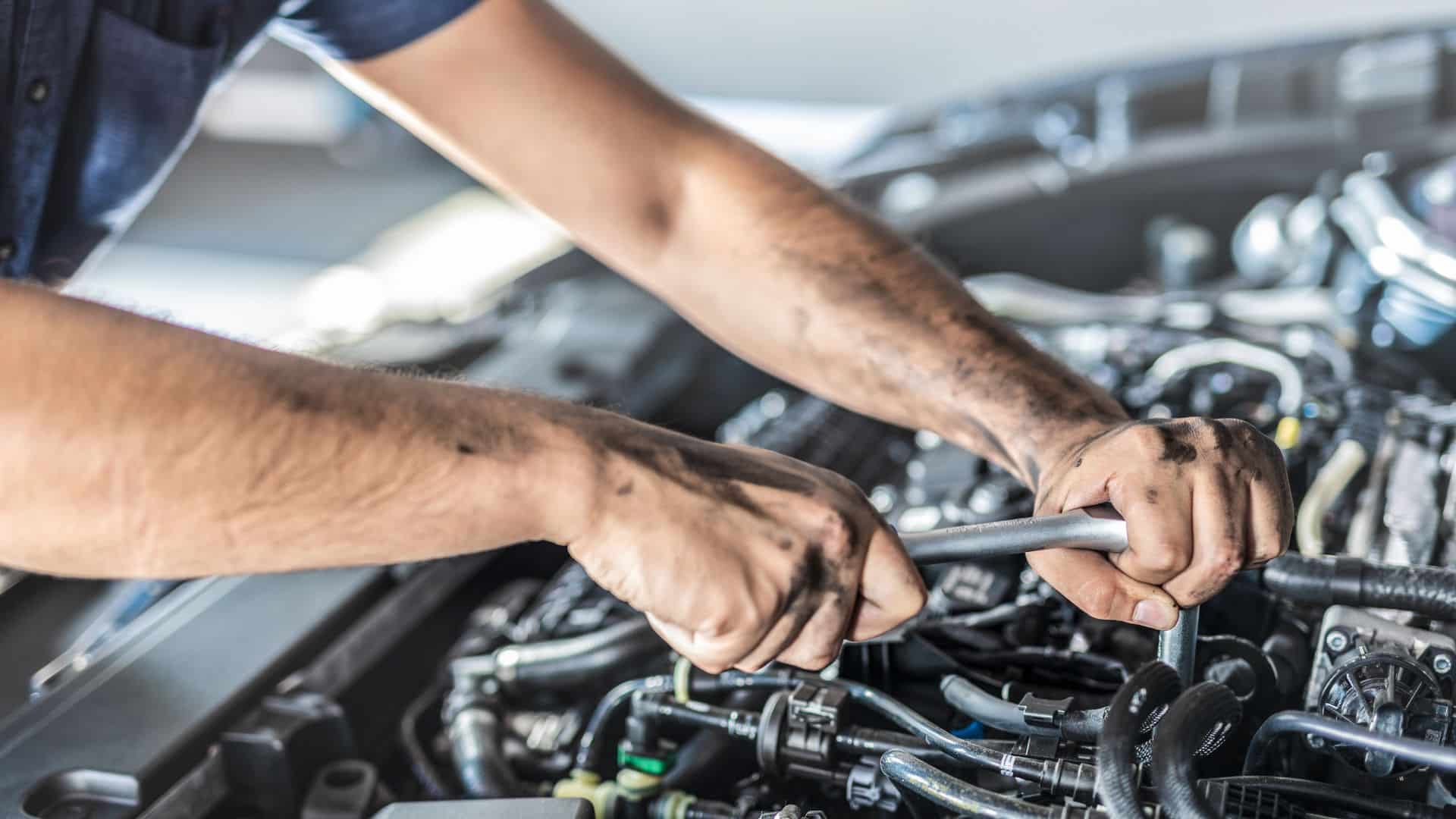
Many drivers feel a sense of dread when they see the check engine light. They worry it means a big, costly repair is coming. But is this always true?
THE REALITY: The check engine light isn’t always bad news. Sometimes, it’s pointing out something small and easy to fix. For example:
- A loose gas cap
- A minor sensor glitch
- A small part that needs replacing
These issues are often quick and cheap to fix.
Regular tune-ups can help, too. They catch small problems before they grow into big, expensive ones.
What You Should Do: When you see the check engine light:
- Don’t panic
- Get it checked soon
- Have a professional read the code
This way, you’ll know exactly what’s wrong. You might be surprised how often it’s a simple fix.
Stick to your car’s recommended schedule. Regular tune-ups can help prevent those scary check engine light moments.
Check it quickly when the light comes on to prevent a small issue from becoming a big repair bill.
Myth 9: All Car Models Have the Same Tune-Up Schedule
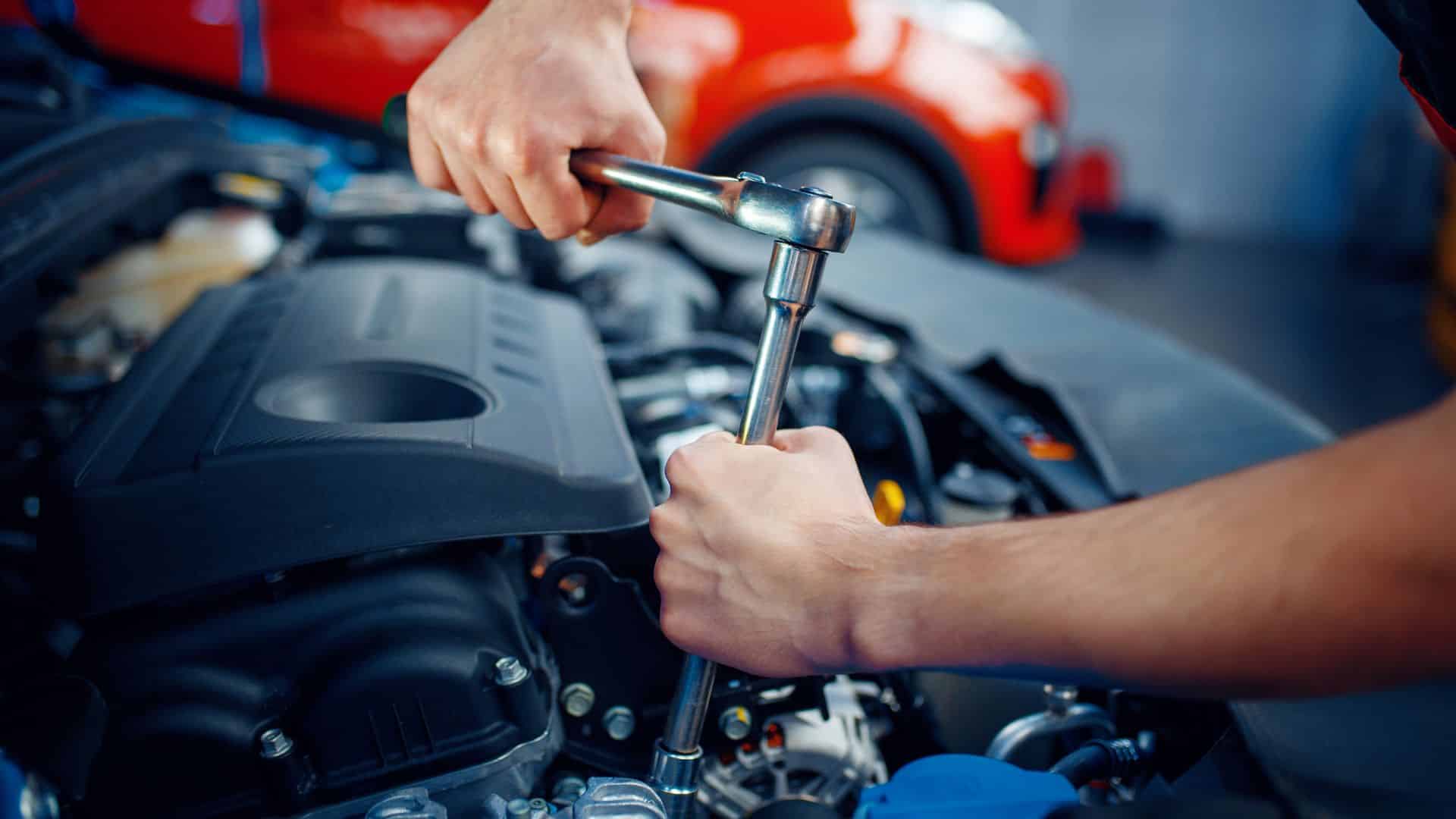
Some folks think all cars need tune-ups at the same time. They might hear “every 30,000 miles” and think it applies to every vehicle. But is this true?
THE REALITY: Cars are like people—they’re all different. A sports car might need attention sooner than a family sedan, and an older model might need more frequent care than a newer one.
Car makers know their vehicles best. They create specific schedules for each model. These schedules tell you:
- When to get a tune-up
- What parts need checking
- How often do you replace certain items
Why It Matters: Following the wrong schedule can cause problems.
- You might miss important maintenance
- You could waste money on unnecessary work
- Your car might not run as well as it should
Myth 10: DIY Tune-Ups Are Just as Good as Professional Ones
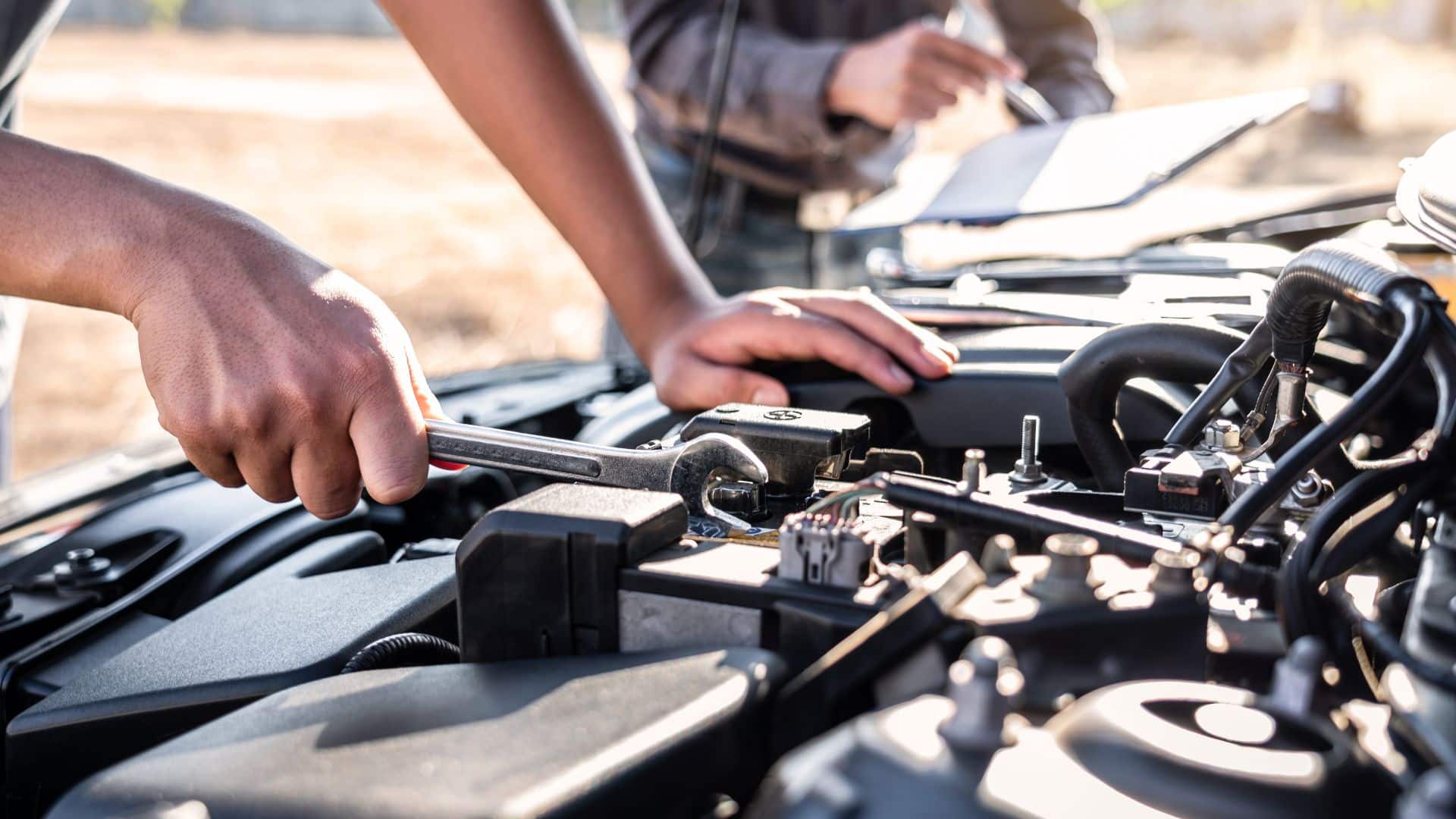
Many car owners think they can save money by doing tune-ups at home. They believe a DIY job is just as good as a professional one. But is this true?
THE REALITY: While DIY car care is great for some things, full tune-ups are trickier. Here’s why.
- Tools: Mechanics have special tools that most don’t have at home.
- Know-how: Pros are trained to spot issues we might miss.
- Tech smarts: Modern cars have complex computer systems that need special equipment to check.
Even if you’re handy, some tune-up parts are difficult at home. Adjusting the fuel mix or checking sensors requires expert skills.
Why Pro Tune-Ups Matter: Professional tune-ups can
- Keep your car running smoothly for longer
- Catch problems early, before they get big and costly
- Make sure all parts of your engine work well together
Final Words
Now that we’ve busted these common tune-up myths, you’re better equipped to care for your car.
Remember, the answer to “how often should you get a tune-up” depends on your vehicle. Check your owner’s manual for the best advice.
Regular tune-ups are more than an expense – they invest in your car’s health and your wallet’s future.
By staying on top of maintenance, you can avoid costly repairs and keep your car running smoothly for years.
Don’t wait for warning lights or failed tests to act. Stick to your car’s recommended schedule, and when in doubt, consult a professional.
Your car will thank you with better performance, improved fuel efficiency, and fewer surprises down the road. Happy driving!

